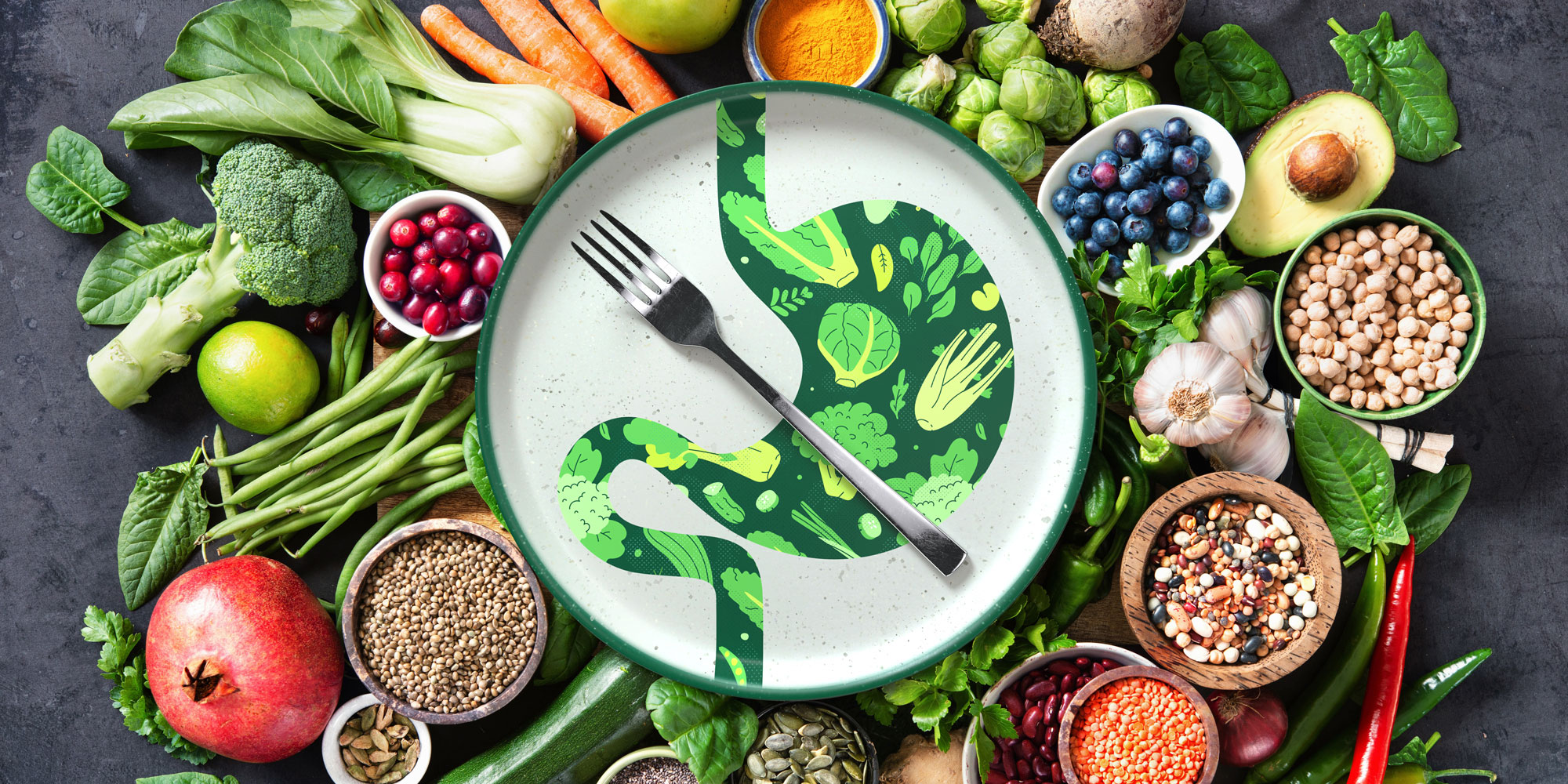Blooming Flavors: The Top Plant-Based Food Trends of 2021
In the ever-evolving landscape of culinary trends, plant-based foods continue to take center stage with their diverse array of flavors, textures, and creative presentations. As we navigate the year 2021, it's evident that the world of plant-based cuisine is flourishing with innovation and excitement. From mouthwatering meat alternatives to decadent dairy-free desserts, there is no shortage of delicious options that cater to both vegans and non-vegans alike.
With a focus on health, sustainability, and ethical considerations, individuals are increasingly embracing plant-based foods as a vibrant and wholesome addition to their daily meals. plant based are these foods nourishing for the body, but they also offer a delightful culinary journey that celebrates the beauty and abundance of nature's offerings. In this dynamic culinary landscape, it is fascinating to explore the top plant-based food trends that are captivating taste buds and inspiring a new way of eating for many around the globe.
Trendy Plant-Based Ingredients
One of the most popular plant-based ingredients making waves in 2021 is jackfruit. Hailed for its meat-like texture and versatility, jackfruit is being used in a variety of plant-based dishes, from pulled “pork” sandwiches to tacos.
Another trendy plant-based ingredient is nutritional yeast, commonly referred to as “nooch.” This ingredient is sought after for its cheesy flavor profile, making it a staple in vegan cheese recipes, sauces, and even sprinkled on popcorn for a savory twist.
Mushrooms are also having a moment in the plant-based food scene. Varieties like shiitake, oyster, and lion's mane mushrooms are being incorporated into dishes as meat substitutes or to add umami depth to plant-based broths and sauces.
Innovative Plant-Based Products
Let's dive into the exciting world of plant-based innovation! One of the standout trends in 2021 is the increase in meat alternatives that closely mimic the taste and texture of traditional animal-based products. Companies are using cutting-edge technology to create plant-based burgers, sausages, and nuggets that not only satisfy cravings but also appeal to a wider audience.
In addition to meat substitutes, the plant-based dairy sector is experiencing a surge in creativity. New products like oat milk ice cream, almond-based yogurts, and cashew cheese spreads are gaining popularity among consumers looking for delicious and sustainable alternatives to traditional dairy products.
Another area of innovation in the plant-based market is the emergence of plant-based seafood options. From vegan fish fillets to plant-based shrimp, companies are exploring the vast potential of using plant ingredients to recreate the flavors and textures of popular seafood dishes. This trend not only caters to those following a plant-based diet but also contributes to efforts in promoting marine conservation.

Impact of Plant-Based Diet
Plant-based diets continue to gain popularity due to their positive impact on the environment. By consuming more plant-based foods and less animal products, individuals can help reduce greenhouse gas emissions, deforestation, and water consumption associated with animal agriculture. This shift towards plant-based eating aligns with efforts to combat climate change and promote sustainability.
In addition to environmental benefits, adopting a plant-based diet can have significant health advantages. Research shows that plant-based diets may lower the risk of chronic diseases such as heart disease, high blood pressure, and diabetes. By focusing on nutrient-dense plant foods like fruits, vegetables, whole grains, and legumes, individuals can improve their overall well-being and longevity.
Furthermore, the growing popularity of plant-based diets is driving innovation in the food industry. Companies are launching a wide range of plant-based products, from meat alternatives to dairy-free cheeses and plant-based protein powders. This increased availability of plant-based options not only provides consumers with more choices but also contributes to a more sustainable food system.